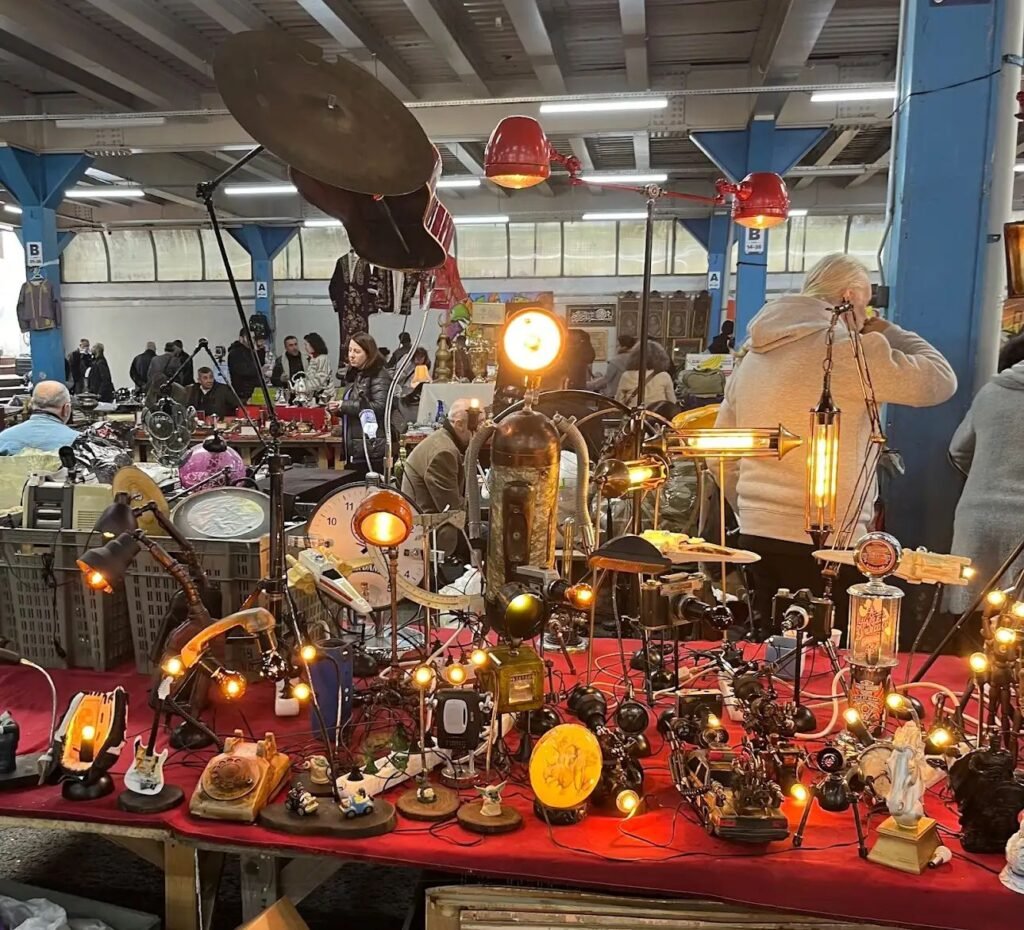Antique Stores Shopping Guide in Turkey: Timeless Treasures from East and West

Antique Stores Shopping Guide in Turkey: Timeless Treasures from East and West
Turkey is a treasure trove for antique lovers. Thanks to its rich history and location at the crossroads of civilizations, the country is filled with artifacts and relics from the Ottoman Empire, Byzantine period, Seljuk dynasty, and more. Whether you’re exploring the markets of Istanbul, the antique districts of Ankara, or the hidden shops in coastal towns, Turkey’s antique stores offer a rare chance to purchase unique, centuries-old pieces with historical and cultural value.
Why Shop at Antique Stores in Turkey?
Shopping in Turkish antique stores is like walking through a living museum. Unlike mass-produced souvenirs, antiques tell stories of past eras, royal courts, and ancient artisans. Each item holds cultural, historical, or artistic value—and many pieces are handcrafted using techniques passed down through generations.
What You Can Find:
-
Ottoman-era Furniture & Mirrors
-
Old Coins, Maps, and Stamps
-
Islamic Calligraphy & Manuscripts
-
Brass & Copper Items (bowls, trays, teapots)
-
Carved Wood & Mother-of-Pearl Inlays
-
Vintage Jewelry & Timepieces
-
Traditional Turkish Carpets & Kilims
-
Ceramics, Porcelain, and Old Tiles
-
Old Photographs & Paintings
-
Byzantine and Roman Relics (with export permit)
Where to Shop for Antiques in Turkey
🏙️ Istanbul – The Antique Capital of Turkey
-
Çukurcuma (Beyoğlu): The heart of antique shopping in Istanbul with dozens of small shops and galleries.
-
Horhor Antique Market (Fatih): A multi-floor complex with antique furniture, lighting, and decorative pieces.
-
Grand Bazaar: Hidden among the gold and textile shops are antique dealers with Ottoman and Persian items.
-
Kadıköy Antiques Street (Tellalzade Sokak): A must-visit for smaller collectibles and vintage books.
🏛️ Ankara
-
Hamamönü District: Traditional Ottoman houses turned into shops selling antiques and vintage items.
-
Antique stores in Ulus & Kızılay: Good for Ottoman décor, war memorabilia, and rare books.
🏞️ Coastal & Historical Towns
-
Antalya Kaleiçi: Charming shops selling antique coins, ceramic pieces, and nautical memorabilia.
-
Bodrum & Alaçatı: Bohemian-style stores with Aegean antiques and mid-century pieces.
-
Cappadocia (Ürgüp & Avanos): Rustic and local antiques such as ceramic jugs, tools, and farm relics.
Legal Tips: Exporting Antiques from Turkey
Turkey has strict regulations on the export of cultural heritage items.
-
Always ask for an export certificate or clearance from the Ministry of Culture if the item is over 100 years old.
-
Buy from licensed dealers to avoid issues at customs.
-
Photograph receipts and certificates for valuable or large purchases.
Antique Shopping Tips
-
Do your research about the item’s origin and value before you buy.
-
Negotiate prices, especially in smaller shops.
-
Be cautious with replicas—some are sold as antiques but are new imitations.
-
Ask about restoration history for furniture and large items.
-
Use gallery-recommended shippers for fragile or oversized pieces.
Final Thoughts
Antique shopping in Turkey is more than a hunt for beautiful objects—it’s a journey into the soul of the country. Every rug, chest, or brass lamp you discover has passed through time and carries stories of empires, artisans, and ancient homes. Whether you’re a collector or simply a curious traveler, Turkey’s antique stores offer timeless treasures you won’t find anywhere else.